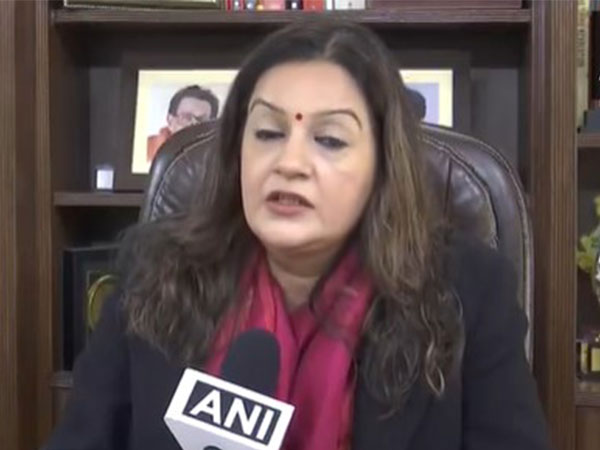Controversy Brews Over 'One Nation, One Election' Bill Amidst Opposition Uproar
Indian opposition leaders reject the 'One Nation, One Election' Bill, deeming it unconstitutional and a threat to democracy. Key figures argue it could lead to centralised power, divert attention from vital issues, and imply changes to the Constitution. A Joint Parliamentary Committee is being demanded.

- Country:
- India
The 'One Nation, One Election' Bill has sparked a fervent debate in India, with opposition parties, including the Congress and Shiv Sena UBT, raising staunch objections to what they perceive as a threat to the nation's democratic framework. The bill aims to synchronise Lok Sabha and state assembly elections, a move seen by critics as an encroachment on federalism.
Priyanka Chaturvedi, a Shiv Sena UBT MP, voiced her concerns, describing it as a ploy to centralise power. She insisted the initiative conflicts with the Indian Constitution and questioned its cost-effectiveness. "This is an attack on the Constitution," Chaturvedi stated, highlighting potential resistance in Parliament.
Congress MP Jairam Ramesh has echoed these sentiments, labeling the bill unconstitutional and warning it could pave the way for more extensive constitutional changes. The opposition is calling for the proposal's referral to a Joint Parliamentary Committee, asserting that it diverts attention from pressing national issues.
(With inputs from agencies.)
ALSO READ
Parliament Proceedings Stalled Over Key Issues: Opposition Demands Action
Parliament Paralysis: Opposition Demands Spark Week-Long Stalemate
Opposition parties boycotted Joint Parliamentary Committee on Waqf Bill as they were not allowed to speak: Bengal CM Mamata Banerjee.
Parliamentary Peace: BJP and Opposition Resolve Stalemate
Waqf Bill Sparks Parliamentary Debate and Opposition Walkout










